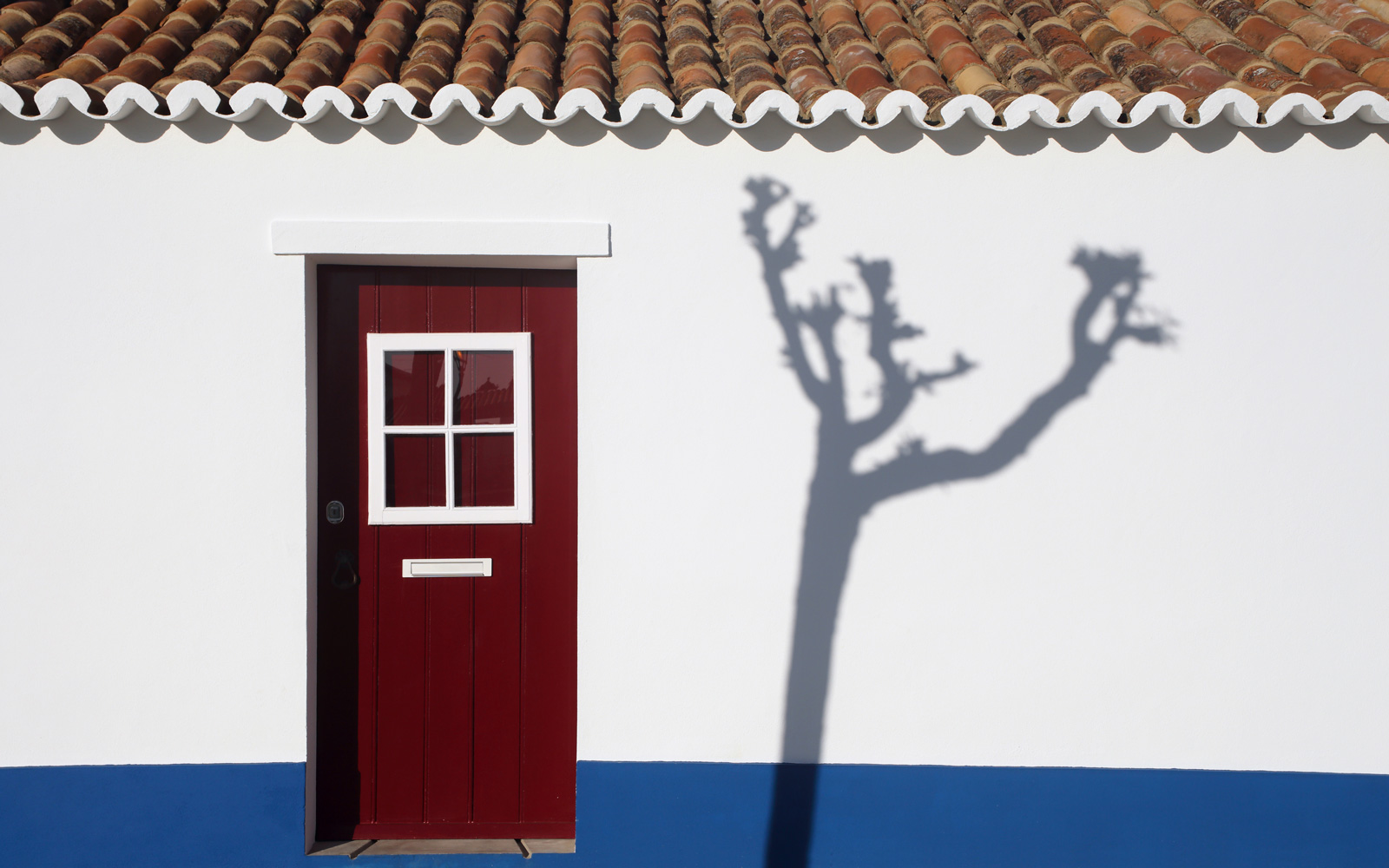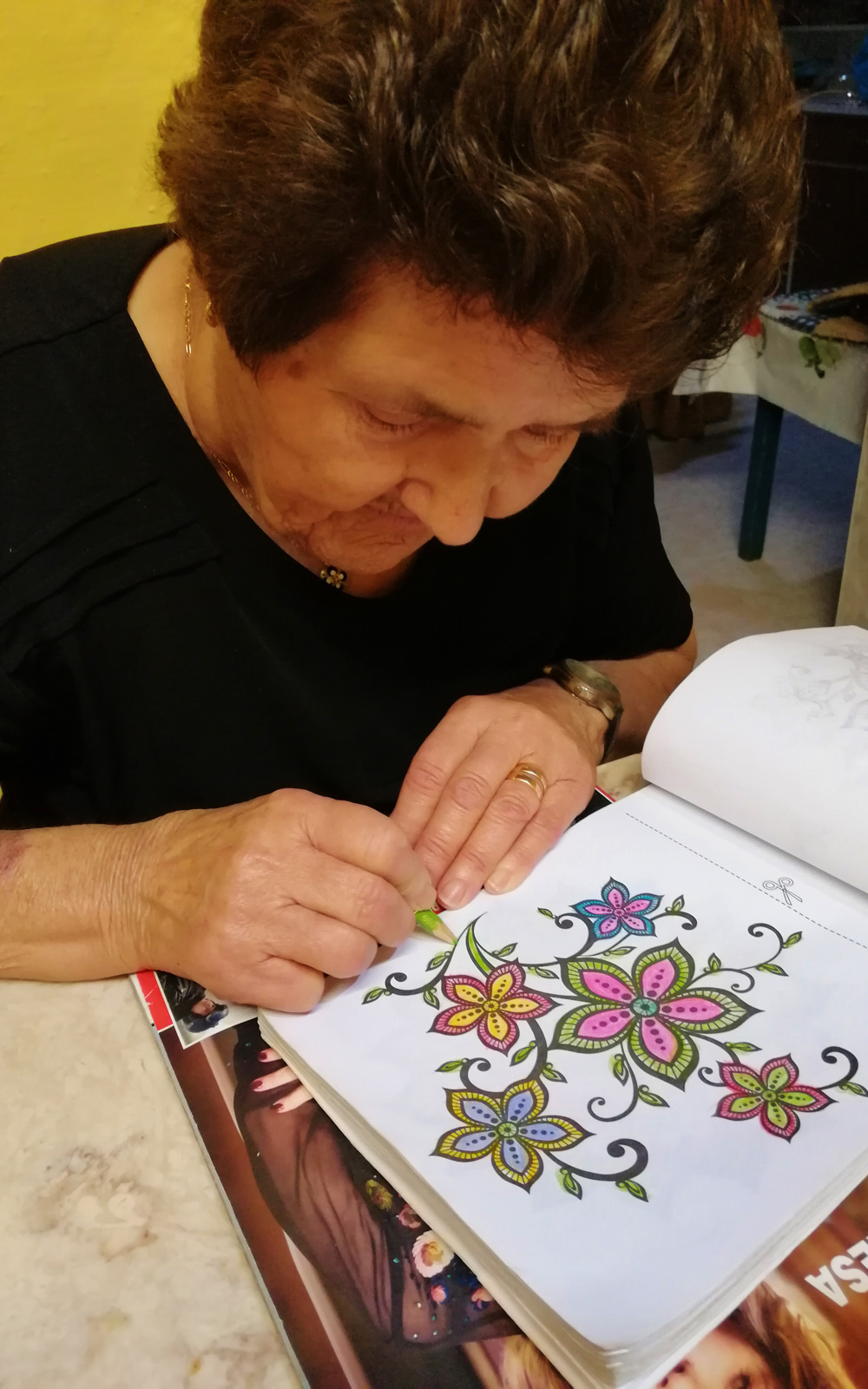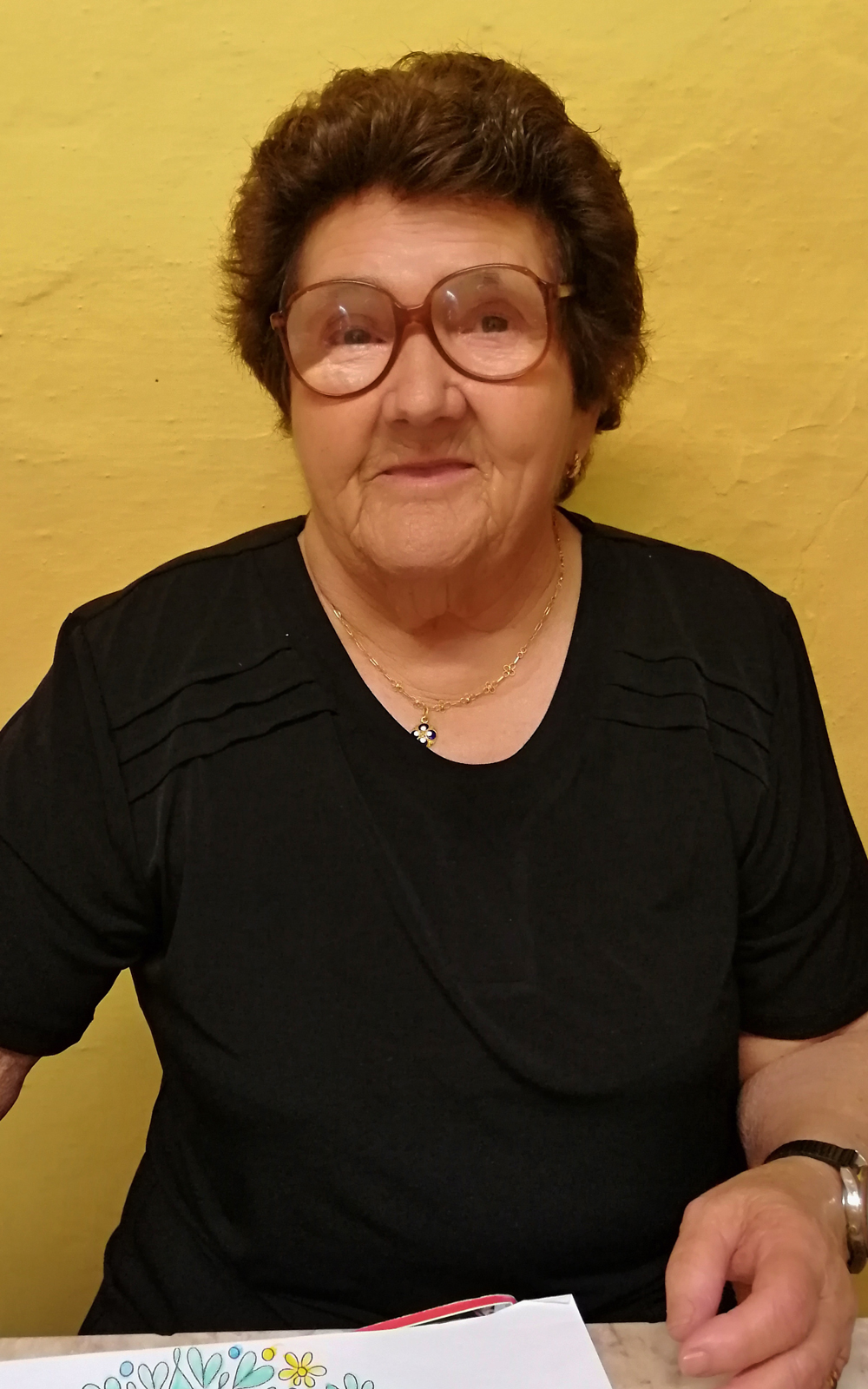Avós com Voz

Francisca Morais is one of the 85 people who attend the Nossa Senhora da Graça Social Center on a daily basis, in Baleizão, in the municipality of Beja. She has been using the services of this Center for six years but, like all other users, she is now at home, following the general rules imposed by the pandemic.
Francisca was one of the guests of Avós com Voz, a programme broadcasted every Friday by Rádio Voz da Planície, which, since May 8, has interviewed people directly or indirectly connected to the Social Center Nossa Senhora da Graça from Baleizão, the promoter of the initiative. In her radio debut, Francisca said she missed the day-to-day at the Center, her colleagues and everyone who works there. “I really wish I could hug them”, she confesses. When asked about what she has been doing at home, she says she is painting mandalas. “Mandalas? Explain that a little better, please”, asks the announcer. “Mandalas are books with drawings that we can paint” she explains. She also said that she receives visits from the Center’s team “who come to bring food and insulin”. At 80 years old, Francisca showed that she was not lost in time by stating with surprising precision: “I have been at home for 63 days and I feel a little alone”. She took the opportunity to thank, “from the bottom of her heart”, the employees of the Center who have been concerned with her and with everyone’s well-being. When asked about returning to the institution, Francisca says the same as a colleague also interviewed in this programme: “Ideally today! I’m looking forward to it!”


Há D’Escampar – Tudo há-de ficar bem [Everything will be fine]
The radio programme – Avós com Voz – is one of the initiatives of the project Há D’Escampar – Tudo há-de ficar bem [Everything will be fine] promoted by the Social Center Nossa Senhora da Graça and supported by the Calouste Gulbenkian Foundation in partnership with the Social Security Institute. This endorsement was granted under the Gulbenkian Cuida contest, launched by the Foundation to reinforce the response capacity of private non-profit organizations that provide support to the elderly, in the context of the pandemic.
João Cascalheira, president of the Nossa Senhora da Graça Social Center, explained in the inaugural programme of Avós com Voz that the project Há D’Escampar – Tudo há-de ficar bem “arose from the need to respond to users of the Day Center who, because of the Covid-19 pandemic, were forced to go home”. The Center continued to assure basic services related to hygiene and food, but it was important to be able to maintain the close bonds between users. “This project arises, precisely, to bring the Center closer to its users, so that they realize that we have not abandoned them, that we are still here with them.” To this end, among other measures, a partnership was established with Rádio Voz da Planície to create a programme capable of bringing together users, family members, employees of the Center and other professionals, “allowing everyone to listen, to say what they feel, how the quarantine affected them, what they miss the most and what they want to do when all of this is over”. In his short speech, João Cascalheira praised the employees of the Center, who were all very close to the users, and never had a minute’s break. “Even in the most critical period, they always had the sense of duty and mission to be present so that these people never lost a millimeter of their dignity and rights”.

An hugless return
Sandra Bagulho, technical director of the Baleizão Center, also gave her testimony in one of the editions of the programme, referring to how Covid-19 changed their daily routines, generating more demand in terms of material and human resources. They had to change the entire operating structure of the institution, to articulate the day-to-day with the families and to explain the situation to the users, which was not always easy. Some of them were frightened and thought that they were infected because employees entered their homes wearing a mask. “We have tried to be present at all times, the teams go to the users’ homes more than once a day, we make phone calls, and, within what is allowed, we try to make home visits to make them see that they are not alone and that the institution did not abandon them”. Although it is “emotionally difficult” to see the institution empty, she guarantees that they are already preparing the users’ return when the situation allows it. Sandra stresses that the Center’s mission is always “to welcome, to care for and to love” which “also involves hugging”. “This is what I will miss the most when they are here, not being able to hug them”, she laments.
Finding solutions for everything, except for missing each other
The pandemic had consequences at all levels and it was necessary to improve the management of the Nossa Senhora da Graça Social Center to maintain the quality of responses. Nuno Catarino, a member of the Center’s team, revealed to the programme that they managed to find solutions for everything, except for missing each other. “We were used to having a full house, now it is a little hard, but we always make jokes as if they were here, we remember each other’s particularities, and we keep in touch by phone, feeling the joy on the other side of the line”. Nuno Catarino has no doubts: “We know that we are doing our job well, the users feel good with us and want to return”.
One of the project partners is the Department of Psychiatry of the Local Health Unit of Baixo Alentejo. The director, Ana Matos Pires, also accepted, “from the very first minute”, to participate in the radio programme. She points out the importance of working to prevent psychiatric illnesses and predicting the negative impact of the pandemic on mental health, which will certainly also affect older people. “In a region where 25% of people are over 65 years old, it is essential that the National Health Service’s mental health services cooperate and remain available for actions and projects that come from the community”. Ana Matos Pires stresses the importance of this radio programme “as a space for information and interinstitutional collaboration, with the aim of preventing disease and providing emotional and technical support to older people, their families and the professionals who work with them”.
After being selected by the Gulbenkian Cuida contest, the Nossa Senhora da Graça Social Center was able to expand its response capacity, now reaching 150 elderly people in and around Beja. The team includes professionals from sports, psychology, animation, social work and, as previously mentioned, a radio announcer. In addition to guaranteeing the satisfaction of basic needs, this team ensures mental, physical and emotional health, combining efforts to delay the cognitive and motor degradation of the elderly. All of this, as everyone involved underlines, in a true family spirit.

